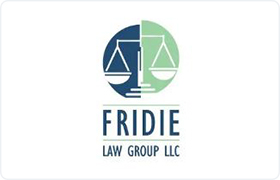Westville Divorce & Family Law Lawyer, New Jersey
Sponsored Law Firm
-
 x
x

Click For More Info:
-
Fridie Law Group L.L.C.
101 Route 130 Suite 306, Madison Building Cinnaminson, NJ 08077» view mapDivorce & Family Law We Fight For Your Rights
Reach out to us today for legal help on your case. We're available for free consultations and return all calls and emails within 24 hours.
800-859-9690
W. James Jakobowski
Real Estate, Estate Planning, Family Law, Insurance, Personal Injury
Status: In Good Standing
Dina Gattuso
Divorce & Family Law, Estate, Traffic, Power of Attorney
Status: In Good Standing Licensed: 30 Years
Wesley L. Fenza
Government, Divorce & Family Law, White Collar Crime, Criminal
Status: In Good Standing Licensed: 14 Years
 James Fridie Cinnaminson, NJ
James Fridie Cinnaminson, NJ Practice AreasExpertise
Practice AreasExpertise
